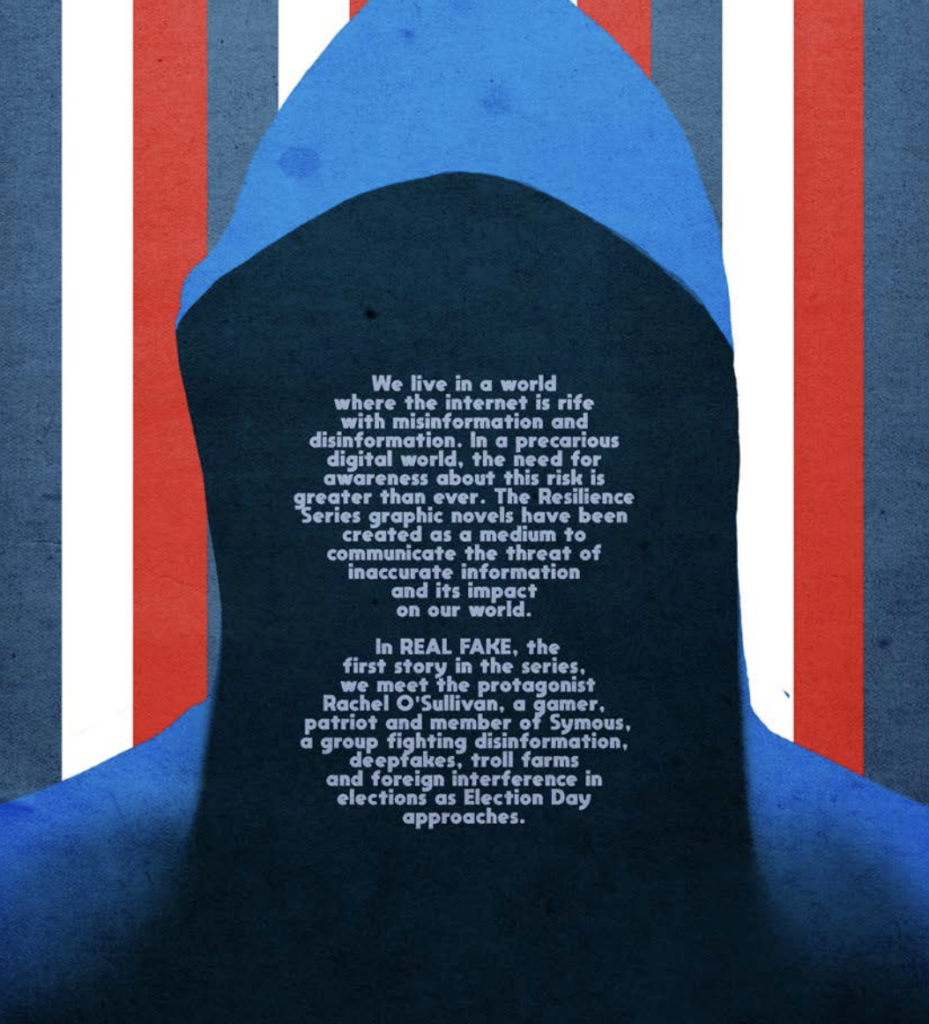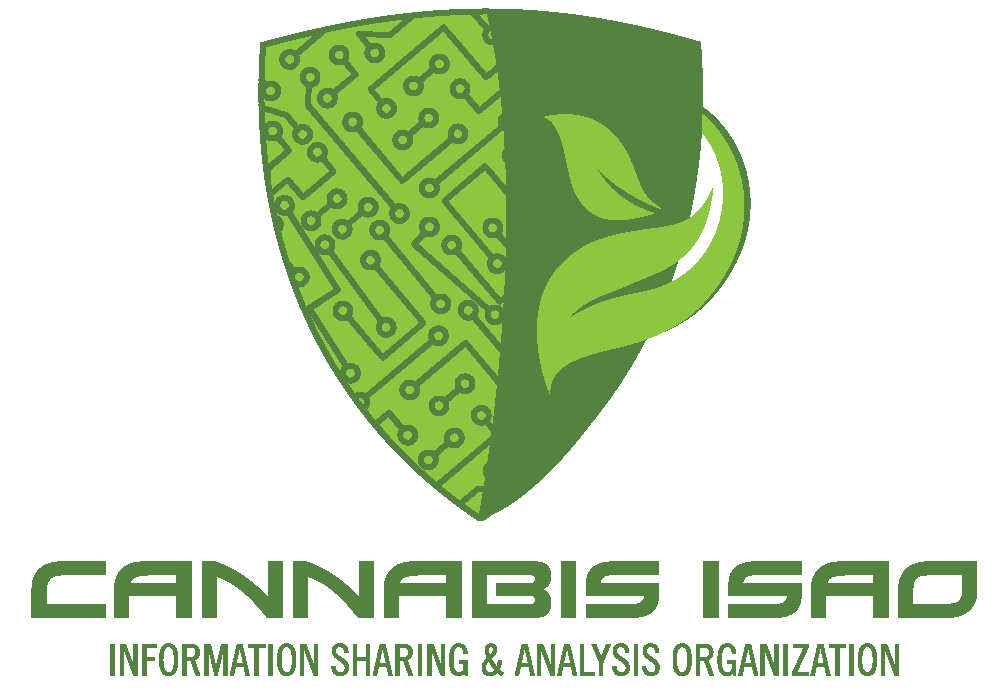In our weekly Library Card Series we highlight a selection from our resource library to help introduce the content to our industry partners.
In this week’s Library Card Series we’ll take a look at CISA’s Resilience Series Graphic Novel: Real Fake. Real Fake is the first graphic novel in CISA’s Resilience Series. The graphic novel expresses the danger of misinformation and disinformation in today’s society. The graphic novel is inspired by real world events, even though the characters and setting is fictional. While this is a much different “resource” from what we typically share in these blogs, it’s important to understand that particularly younger employees may be drawn to this format, and it’s important for all to understand how dangerous misinformation can be for the cannabis industry.
In the graphic novel, two characters named Rachel and Andre make a shocking discovery. Russia has been using troll farms to spread disinformation and misinformation about the upcoming elections to American voters on social media. Rachel and Andre have to stop the cyber antagonists from causing havoc and confusion to save the day. Personally, I thought this was a very neat way for CISA to give information. The way the story was presented was interesting and approachable for all different types of readers. This was also a great way to educate people on deep fakes and misinformation campaigns.
Deep fake videos are commonly sighted during elections and heavily debated social issues. As cannabis legalization continues at the state level, while also getting closer to federal legislation, the cannabis industry will almost certainly fall victim to misinformation campaigns. Being aware of these looming issues is key for preparing the industry on what to do if a misinformation campaign was begun. Well-informed employees for cannabis organizations can help cut off this misinformation before it spreads too rapidly, similar to healthcare professionals during the COVID-19 pandemic.
Forbes wrote in 2020 about the spreading of cannabis-related misinformation on social media. “Unfortunately, the majority of information circulating in the popular media about cannabis is misinformation,” warned Carey Clark, director of nursing and the chair of the Medical Cannabis Certificate Program at Pacific College of Health and Science. “That’s why it’s essential that healthcare professionals are educated to best support the patient’s safe and effective use of cannabis,” added Clark. A good article with some examples of misinformation about cannabis is written on Dr. Kevin Pho’s website KevinMD.com.
Combating misinformation is critical for the cannabis industry. Through learning about deep fakes and current misinformation, cannabis organizations can protect and respond to these situations educated.

To find more valuable resources covering a wide variety of topics, visit the resource section of our website, and check back to our blog every Tuesday for our Library Card Series where we highlight different resources from the library.
